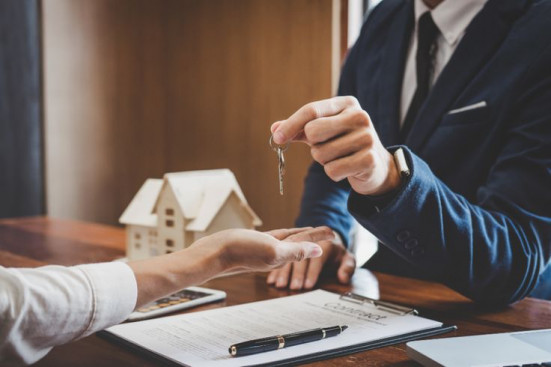Legal Aspects of Buying Property in Spain: Obligations and Steps for Foreigners
Buying a property in Spain is a dream for many foreigners, whether for vacations, establishing residency, or making an investment. However, the process involves certain legal requirements that are essential to understand. Below, we detail the main obligations and steps to ensure a smooth and successful purchase.
1. Obtaining a Foreigner’s Identification Number (NIE)
The NIE is an essential requirement for any foreigner wishing to conduct economic transactions in Spain, including purchasing property. This number can be requested at the police station in Spain or at Spanish embassies and consulates in the home country.
2. Opening a Bank Account in Spain
While not mandatory, opening a bank account in Spain facilitates the payment of taxes, notary fees, and mortgage installments, if applicable. Banks require documents such as the NIE, passport, and proof of income to open the account.
3. Hiring a Specialized Lawyer
Although not obligatory, it is highly advisable to hire a lawyer who will review the documentation and ensure the transaction is legal. The lawyer will verify the property’s registration status, potential encumbrances, debts, and licenses.
4. Checking the Land Registry
Before making any payment, it is crucial to consult a Nota Simple at the Land Registry to confirm the property’s ownership, legal status, and the existence of any encumbrances or mortgages.
5. Signing a Reservation Agreement (Arras Contract)
The reservation agreement is a private contract between the buyer and seller where the buyer pays a deposit (usually 10% of the price) to secure the purchase. This contract sets out the conditions and deadlines for completing the transaction.
6. Signing the Public Deed Before a Notary
The purchase is formalized by signing a public deed before a notary. At this point, the buyer must present their NIE, proof of payment, and the reservation agreement. The notary ensures the legality of the act and subsequently registers the property in the buyer’s name at the Land Registry.
7. Paying Taxes
Taxes depend on whether the property is new or second-hand:
- New Property: VAT (10%) and the Stamp Duty (IAJD), which ranges between 0.5% and 1.5% depending on the region.
- Second-Hand Property: Transfer Tax (ITP), which varies between 6% and 10% depending on the region.
8. Land Registry Registration
After signing the deed, the next step is to register the property in the Land Registry. This process is essential to guarantee the buyer’s legal security.
9. Additional Costs
The buyer should also budget for additional expenses such as notary fees, registry fees, and possible management costs.
10. Applying for Financing (Optional)
If the buyer requires financing, they will need to arrange a mortgage with a Spanish bank. This involves meeting the bank’s requirements and covering costs such as the property’s valuation.
Conclusion
Buying property in Spain can be a straightforward process if all legal steps are followed and adequate advice is obtained, also we advise you if you are Real State Investor.
For foreigners, understanding these obligations and procedures ensures a secure and hassle-free transaction. At TA LAWYERS, our team of expert property lawyers is here to guide you through every step, ensuring your purchase is safe and efficient.







 Hello, how can we help you?
Hello, how can we help you?